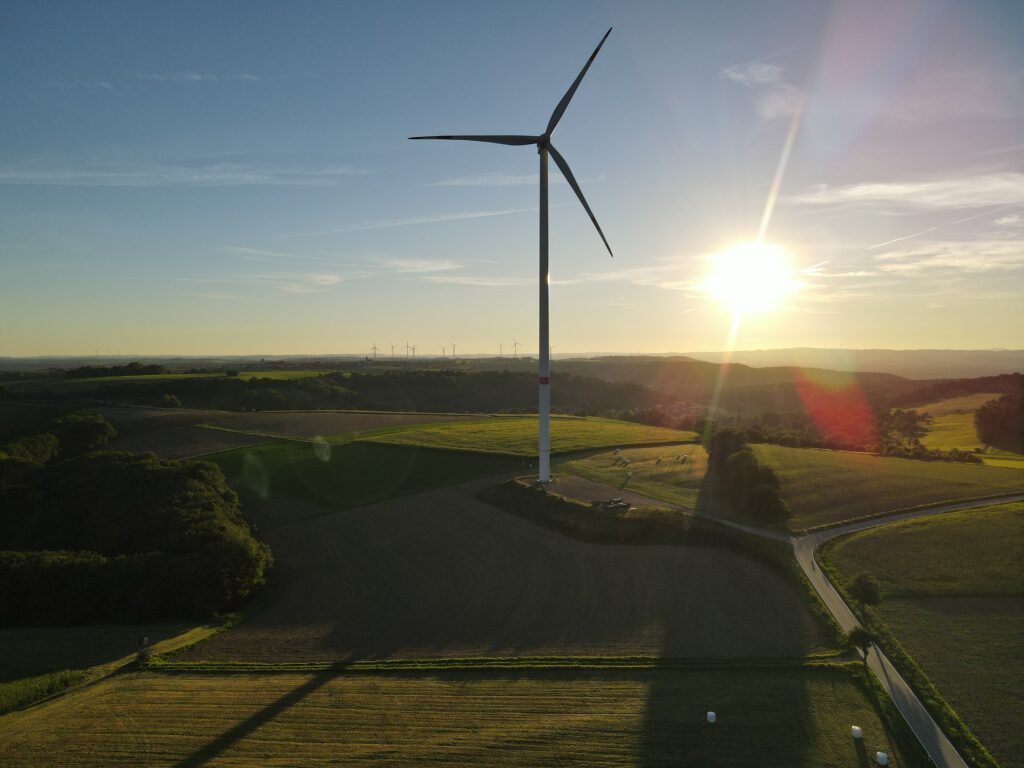HIF Global’s plan to build a $7 billion e-methanol plant in Matagorda County, Texas, is currently on hold due to unclear federal funding. The company aims to create synthetic fuel by combining captured carbon dioxide and green hydrogen powered by renewable energy. If completed, the plant would be the world’s largest of its kind, generating thousands of jobs and supplying sustainable fuel for ships and airplanes. However, construction approval is pending as HIF Global waits for decisions from the Republican-led US Congress, particularly regarding clean hydrogen tax credits that are critical for financing the project.
The US Senate is reviewing a budget bill that proposes major cuts to clean energy incentives. The House has already passed legislation that reduces hydrogen production tax credits along with other green energy supports. Lee Beck, HIF Global’s senior vice president for global policy and commercial strategy, stressed the importance of these credits. He said they are necessary to lower technology costs in the US and keep pace with Chinese competitors. Beck added, “We don’t seek permanent subsidies, but we need initial support to begin construction.” Without these credits, the company might move investments to countries with better policies.
Since returning to office, President Trump has halted several renewable energy initiatives. His administration withdrew the US from the Paris climate agreement and stopped new wind projects on public lands. Additionally, funding from Biden-era laws such as the Inflation Reduction Act (IRA) and Infrastructure Investment and Jobs Act (IIJA) has been suspended. These laws previously backed billions of dollars in clean energy investments through grants, tax credits, and loans. Adie Tomer from the Brookings Institution warns this shift puts the US behind other developed nations in clean energy progress.
Legal battles are ongoing over these suspensions and may reach the Supreme Court. Meanwhile, federal agencies review funding applications on a case-by-case basis, causing delays and uncertainty for many projects. Jessie Stolark, executive director of the Carbon Capture Coalition, highlighted frustration among industry members. She noted that early-phase funding under the IIJA helped start many projects, but future financing remains uncertain. “This uncertainty damages timelines,” Stolark said. “If initial projects fail, the whole industry suffers for years.”
Congress is debating whether to maintain or reduce tax credits introduced by the IRA and IIJA. Some lawmakers seek permanent tax cuts originally pushed during Trump’s first term and might cut clean energy incentives to fund them. Even if the IRA remains law, its tax credits could be substantially reduced. The IRA currently offers incentives until at least 2032 for electric vehicle purchases, energy-efficient homes, and renewable energy production, including solar panels and wind turbines. These incentives face possible repeal or stricter qualification rules.
Ashur Nissan, a policy advisor at Kaya Partners, noted that many beneficiaries live in Republican areas, yet political opposition remains strong. Critics argue the tax credits have become too costly. The Cato Institute recently called for their full repeal, labeling the incentives a heavy financial burden on taxpayers.
Investment in US clean energy declined for a second straight quarter in early 2025. The Clean Investment Monitor reported a 3.8% drop in the first quarter, totaling $67.3 billion spent. Hannah Hess from the Rhodium Group linked this decline to high inflation, rising interest rates, global supply chain issues, and political uncertainty. She also pointed out a record cancellation of six manufacturing projects in the first quarter, mostly in battery production, representing nearly $7 billion in lost investment. Hess suggested that fewer new project announcements indicate a lack of confidence in long-term government support.
Energy companies are adjusting their public messaging to match the uncertain environment. LanzaJet, which produces Sustainable Aviation Fuel (SAF), has shifted its website content away from climate change urgency toward highlighting local sourcing. CEO Jimmy Samartzis explained, “We adapt our message to match our audience.” The company still awaits a $3 million grant approved by the Federal Aviation Authority last August under an IRA-funded program. Samartzis described the grant as “fully approved but completely stalled,” reflecting a broader concern in the clean energy sector.
